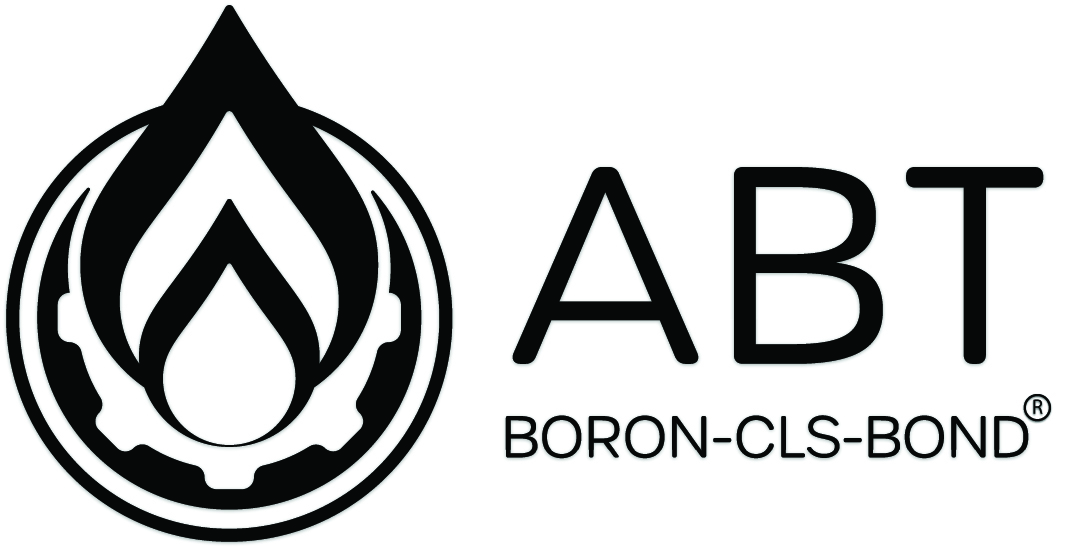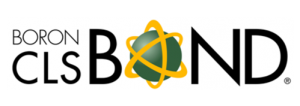Ultimate Guide to Сгенерированная статья – Complete Analysis
How to Use Dystopian Books Like a Pro
Dystopian literature offers a fascinating exploration of societies gone awry, often serving as a reflection of our current realities. Consider asking yourself:
- How do these themes manifest in today’s society?
- What warnings does the author provide?
Step 5: Discuss Your Insights
Engaging with others can enrich your understanding. Consider:
- What did others interpret differently?
- How do personal experiences influence understanding of the text?
- What parallels can you draw to current events?
Bonus Tips
To elevate your reading experience, consider the following tips:
- Watch film adaptations of the books to see how they compare to the source material.
- Research the author’s background and the historical context of the book.
- Explore related genres, such as utopian literature or speculative fiction, for a broader understanding.
Final Checklist
Before you finish your reading session, make sure you:
- Have taken comprehensive notes on themes and characters.
- Engaged in discussions with others about the book.
- Reflected on your personal views and how they relate to the text.
- Considered how the themes of the book apply to modern society.
By following these steps, you’ll be well on your way to enjoying and understanding dystopian literature like a pro. Whether you’re a seasoned reader or new to the genre, knowing how to engage with dystopia books can enhance your reading experience.
To engage with these themes:
- Reflect on how the themes relate to current societal issues.
- Discuss the book with friends or join a book club.
- Write a blog post or social media update sharing your thoughts.
Step 5: Explore Supplementary Materials
Many dystopian series come with supplementary materials that can enrich your understanding:
- Watch film adaptations or documentaries related to the themes.
- Read interviews with the authors to gain insight into their inspirations.
- Check out fan theories and discussions online.
Bonus Tips
- Mix and Match: Don’t hesitate to read multiple series simultaneously; this can provide varied perspectives on dystopian themes.
- Take Breaks: Dystopian literature can be heavy. Research the author’s background and the era during which the book was written. Join book clubs, online forums, or social media groups focused on dystopian literature. Consider the following:
- Identify your interests: Are you drawn to political themes, survival stories, or social commentary?
- Read reviews: Look for recommendations on platforms like Goodreads or book blogs.
- Check the series length: Make sure you’re ready for a multi-book commitment if it’s a series.
Step 2: Set the Mood
Creating the right environment can significantly enhance your reading experience. Here are some popular recommendations:
- 1984 by George Orwell
- Brave New World by Aldous Huxley
- The Handmaid’s Tale by Margaret Atwood
- Fahrenheit 451 by Ray Bradbury
- The Hunger Games by Suzanne Collins
Step 2: Create a Reading Environment
Setting the right atmosphere can enhance your reading experience.
Ask yourself:
- What did you learn?
- How did the book change your perspective?
Bonus Tips
- Keep a reading journal to track your thoughts and progress.
- Explore lesser-known dystopian novels for unique perspectives.
- Attend author talks or literary festivals to gain deeper insights.
Final Checklist
- Choose your dystopian book.
- Create a conducive reading environment.
- Take notes while reading.
- Analyze key themes and motifs.
- Engage in discussions with others.
- Explore other media related to the themes.
- Reflect on your reading experience.
By following these steps, you can enhance your reading of dystopian books and engage with the genre on a deeper level. Here are some iconic titles to consider: classic dystopian books
- 1984 by George Orwell
- Brave New World by Aldous Huxley
- The Handmaid’s Tale by Margaret Atwood
- Fahrenheit 451 by Ray Bradbury
- The Hunger Games by Suzanne Collins
Step 2: Understand the Themes
Dystopian novels often explore significant themes such as: dystopian literature books
- Government Control: Examine how power is exerted over individuals.
- Individual vs. This practice can help you:
- Retain key information
- Analyze character motivations
- Reflect on the author’s message
Consider using a notebook or a digital note-taking app for convenience.
Step 4: Discuss with Others
Engaging in discussions can enrich your understanding. To enhance your reading, consider:
- Researching current events related to the book’s themes.
- Reflecting on how the book’s world relates to modern society.
- Creating a Venn diagram to compare the fictional world with reality (if applicable).
This step encourages critical thinking and deepens your appreciation of the genre. famous dystopian books
Step 6: Write Your Thoughts
After finishing a book, take some time to write a review or a personal reflection. Explore adaptations of the books you read or similar themes in other formats. Here are some ways to connect:
- Join a book club: Look for local or online book clubs focused on dystopian literature.
- Online forums: Participate in discussions on platforms like Goodreads or Reddit.
- Social media: Follow hashtags related to dystopian literature to find like-minded readers.
Step 5: Reflect on Themes and Real-World Connections
After finishing the book, take time to reflect on what you’ve read.
In conclusion, watching or reading these adaptations can provide a different perspective on the original text. Here’s how to do it:
- Highlight key passages: Use a highlighter or underline important quotes that resonate with you.
- Take notes: Write down your thoughts, questions, and reflections as you read.
- Discuss with others: Join book clubs or online forums to share insights and interpretations.
Step 4: Analyze Themes and Characters
Dystopian novels are rich in themes and character development. Consider the following:
- What societal issues does the book reflect?
- How are the characters shaped by their environment?
- What warnings or messages does the author convey?
This analytical approach will deepen your appreciation for the genre and its implications for our world.
Post navigation






